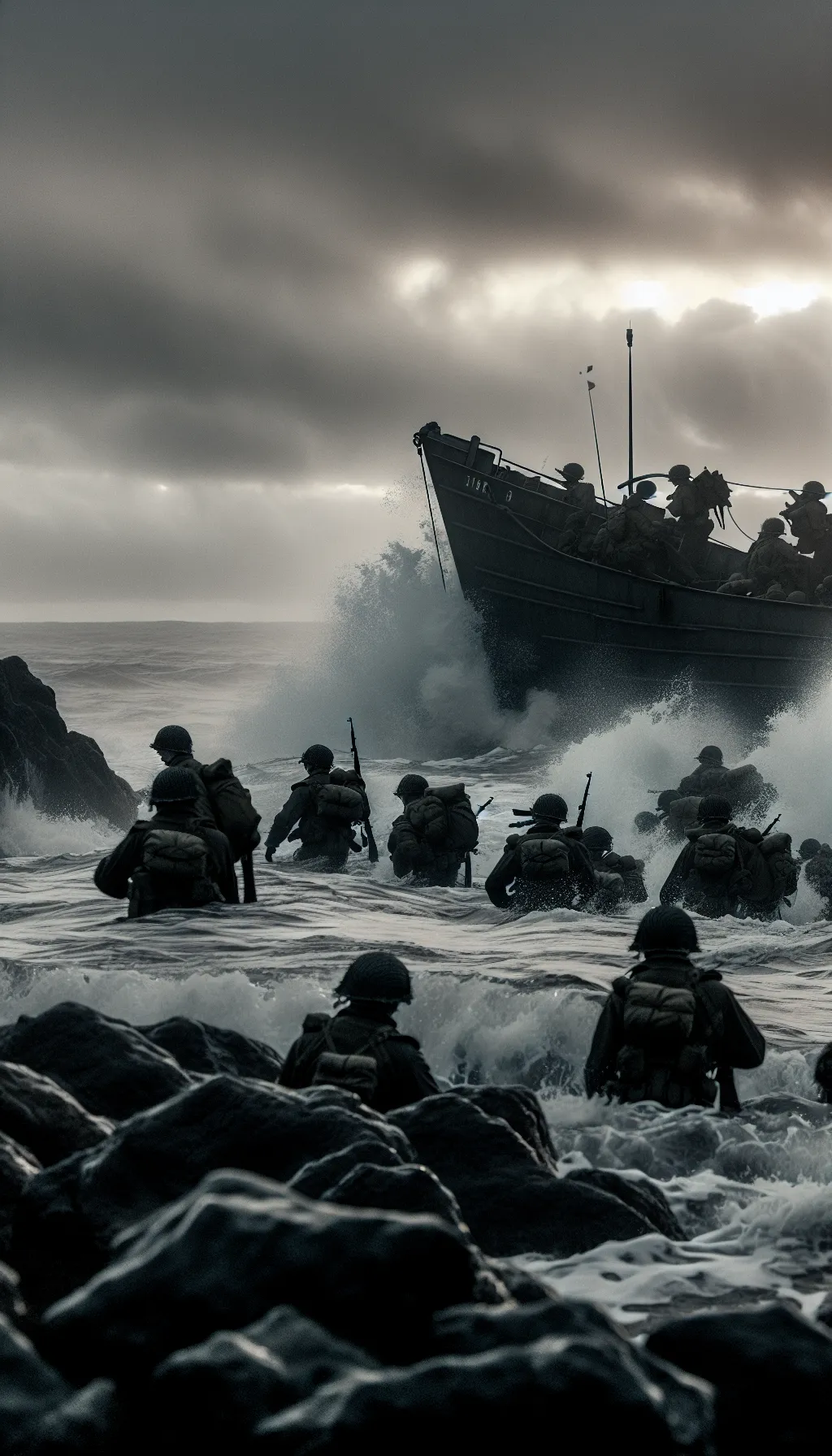Argentina – Operación Rosario – The Invasion of the Falkland Islands, April 2, 1982
TLDR;
- Event: On April 2, 1982, Argentine forces launched Operación Rosario, invading the Falkland Islands, a British overseas territory, leading to a brief but intense conflict known as the Falklands War.
- Conflict: The British garrison, vastly outnumbered (~60 Marines vs. ~600 Argentine troops), surrendered after a short resistance, prompting the UK to dispatch a naval task force to reclaim the islands.
- Outcome: By June 14, 1982, British forces secured the surrender of Argentine troops in Stanley, ending the war with significant casualties on both sides.
- Legacy: The war had profound political impacts, including the collapse of the Argentine junta in 1983 and a boost to Margaret Thatcher’s popularity in the UK, influencing the 1983 election.
–
Story
The chill of the South Atlantic was pierced by the advance of Argentine naval forces, as soldiers descended upon the rocky shores of the Falkland Islands. It was April 2, 1982, and the world was about to witness a conflict that would test the resolve of two nations.

For years, Argentina had laid claim to the Falkland Islands, a remote British overseas territory. The islands, known as Islas Malvinas in Argentina, were a point of national pride and a symbol of colonial legacy. The Argentine government, under the military junta, saw an opportunity to assert its claim and distract from domestic unrest.
In the early hours of that fateful day, Argentine forces launched a surprise amphibious invasion, Operación Rosario. The British garrison, Royal Marines of Naval Party 8901, put up resistance, including a brief firefight at Government House, before surrendering on orders from Governor Rex Hunt to avoid unnecessary bloodshed. They were outnumbered (~60 Marines vs. ~600 Argentine troops) but not entirely passive. The Union Jack was lowered, and the Argentine flag was raised, signaling a bold challenge to British sovereignty.
The turning point came when the United Kingdom, led by Prime Minister Margaret Thatcher, responded with swiftness and determination. A naval task force was dispatched, and within weeks, the British were on the offensive, determined to reclaim the islands.
The ensuing conflict, known as the Falklands War, was brutal and swift. By June 14, 1982, British forces had secured the surrender of Argentine forces at Stanley, the capital, but not without significant loss of life on both sides. The war left a lasting impact on both nations, leading to the collapse of the Argentine junta in 1983 and boosting Thatcher’s popularity in the UK, reinforcing Conservative dominance in the 1983 election.
The Falklands War remains a poignant reminder of the complexities of territorial disputes and the lengths nations will go to defend their claims.
–
| Would a different diplomatic approach have changed the course of the Falklands War? |